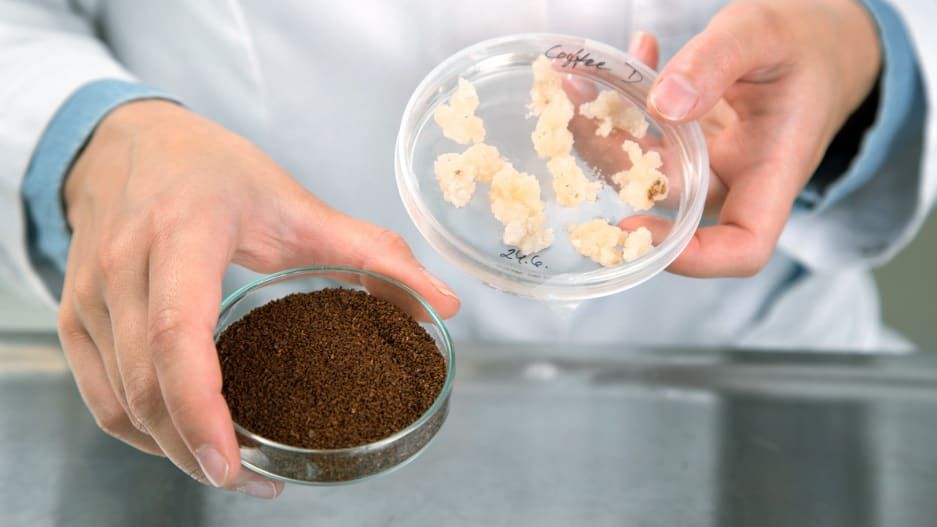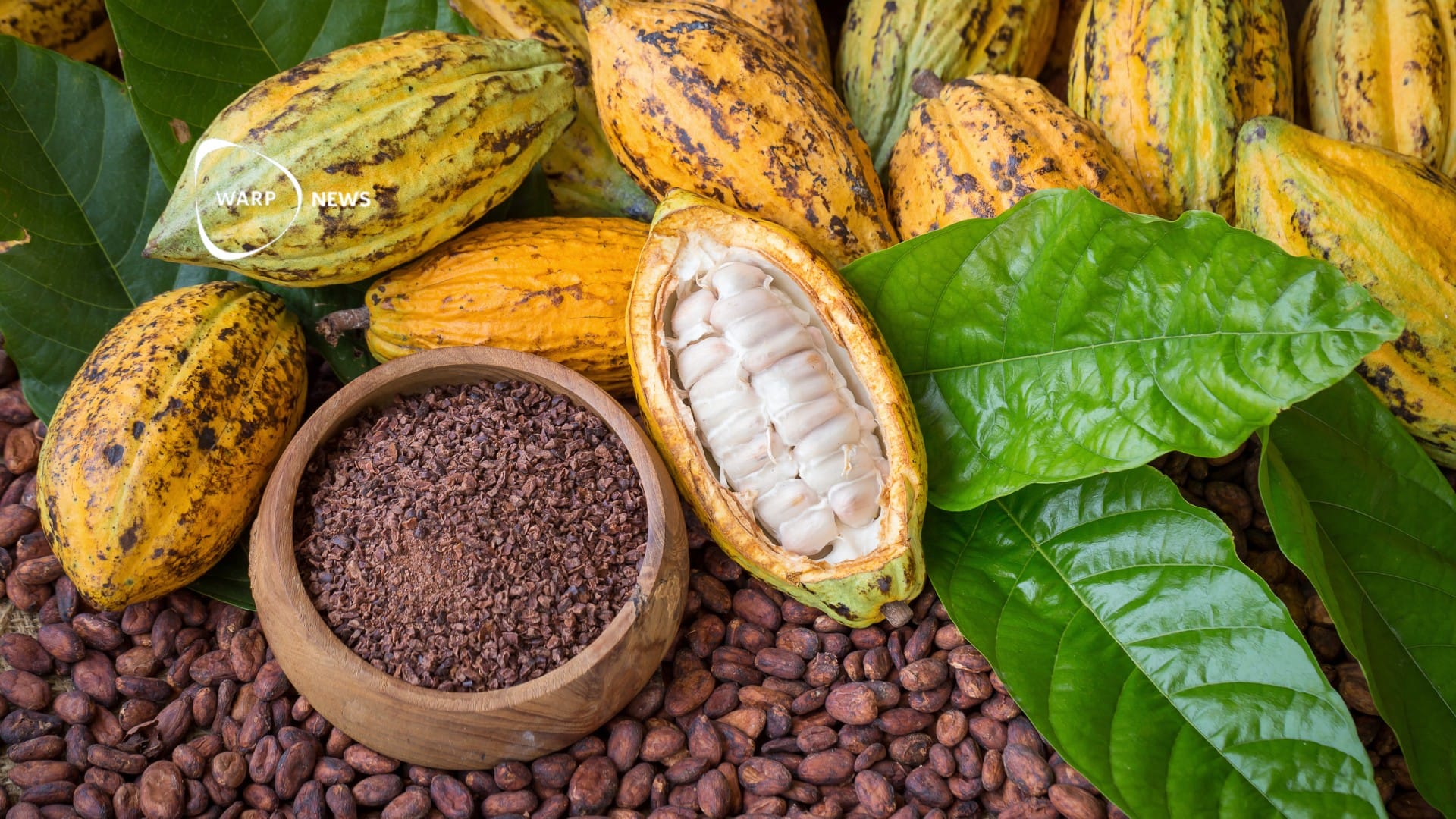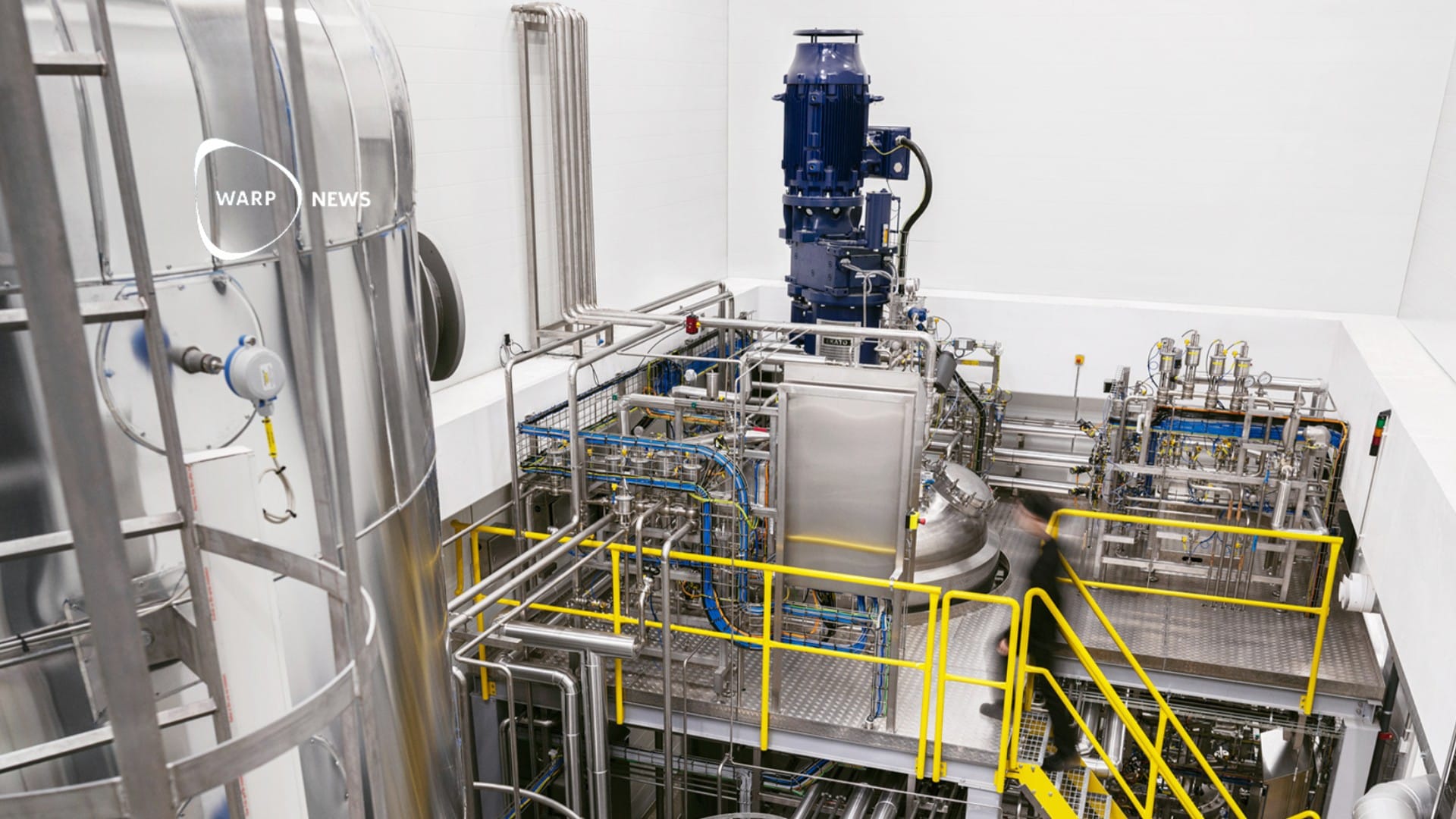
☕️ Lab-grown coffee ready-to-go
Researchers in Finland are working on a substitute for traditional coffee. In countries where the changing climate is making it more difficult to grow coffee it could be a game changer.
Share this story!
Lab-grown products have increased in popularity during the past few years. People are looking for environment-friendly alternatives to chocolate, milk, meat and now coffee. Also, products that promote welfare for animals and workers are on the rise.
At the same time, the climate in the Colombian mountains is getting hotter, making it more difficult to grow coffee plants. However, thanks to Finnish researchers it will soon be possible to grow coffee from plant cells in bioreactors.
“Conventional coffee production is notoriously associated with several problematic issues, such as unsustainable farming methods, exploitation, and land rights,” says Heiko Rischer, a lead researcher at VTT Technical Research Centre of Finland, the state-owned organization behind the project, to Fast Company. “Growing demand and climate change add to the problems.”
Almost like growing beef
The researchers are using a process similar to the one used to grow meat. Coffee plants are first cultured in the lab and then moved to bioreactors in which they grow in a nutrient-filled medium.
It’s actually slightly easier to grow coffee compared to, for example, beef. Rischer explains:
“The nutrient media for plant-cell cultures are much less complex, i.e., cheaper, than those for animal cells. Scaling up is also easier because plant cells grow freely, suspended in the medium, while animal cells grow attached to surfaces.”
The finished product is an off-white biomass that’s dried into a powder and then roasted to develop a dark brown colour. The team, which just recently had their first cup of lab-grown coffee, say the brew tastes and smells like ordinary coffee. Also, it’s possible to make different varieties.

Next up, the lab plans to partner with different companies in an attempt to commercialize the process. As the demand for coffee is increasing, cell-based coffee could be one way to reduce the industry’s environmental impact, plus making it possible for regions that can’t grow coffee naturally, like Finland, to have a local coffee supply.
By becoming a premium supporter, you help in the creation and sharing of fact-based optimistic news all over the world.


